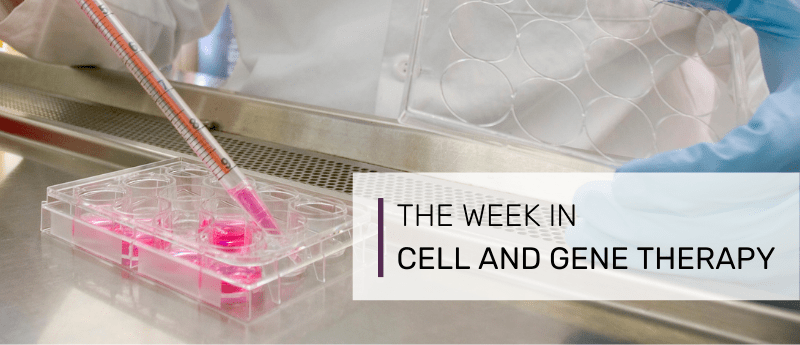
News and Information
The improvement of CAR-T cells for glioblastoma
August 31, 2023
Glioblastoma (GBM) is one of the deadliest malignancies. At present, there is no effective treatment, which is a serious threat to human health. The current median survival time is only 18 months, and the average five-year survival rate is less than 5%.
CAR-T cell therapy is a new type of immunotherapy that precisely targets tumors. T cells were isolated from peripheral blood of tumor patients, and CAR (tumor chimeric antigen receptor) targeting tumor cell surface antigen was introduced into T cells for expression and transfused into patients through genetic engineering technology. CAR T cells can specifically recognize tumor cell antigens and release a large number of effector factors through immunity to effectively kill tumor cells.
CAR-T cell therapy has had great success in blood tumors, but progress has been relatively slow in solid tumors. In glioblastoma patients, CAR-T cell therapy has shown early evidence of clinical feasibility and safety. But overall results are still not ideal, prompting a search for improved efficacy in targeting glioblastoma. Novel approaches and strategies for anti-tumor efficacy of CAR T cells.
Recently, Xie Qi Research Fellow in the School of Life Sciences at Westlake University, Christine Brown Professor at City of Hope National Medical Center, and Jeremy Rich Professor at the University of California, San Diego, as co-corresponding authors, published an article in the journal Cancer Discovery titled: CRISPR screening of CAR T cells and cancer stem cells reveals key dependencies for cell therapy.
Using A genome-wide loss-of-function library based on the CRISPR gene-editing system to perform high-throughput unbiased screening of CAR T cells and glioma stem cells (the most malignant cell population in GBM), the study identified multiple novel A targets that significantly improve the antitumor efficacy of CAR T cells targeting glioblastoma.
The authors then selected four top-ranked genes with unknown functions in CAR-T cells (TLE4, IKZF2, EIF5A, TMEM184B) for validation.
This study achieved the first genome-wide screening of CRISPR function of CAR-T cells and their targeted glioma stem cells, and found and identified a series of genes that can regulate the anti-tumor potential of CAR-T cells, providing a new way for the anti-tumor potential of CAR-T cells. Strategies to enhance the anti-tumor efficacy of CAR T cells by gene editing molecular targeting technology. The high-throughput screening platform established in this study can be extended to CAR-T cells and other adoptive cell transfer therapies with different targets to obtain reliable targets with potential clinical benefits.
Latest News

Cell therapy weekly: Yescarta® becomes the first CAR-T therapy approved in China
October 25, 2023

Insight into the Progress in CAR-T Cell Therapy and Combination with Other Therapies for Glioblastoma
October 10, 2023

Three cases of late-onset post CAR-T therapy isolated CNS relapse in R/R large B-cell lymphoma
October 10, 2023

